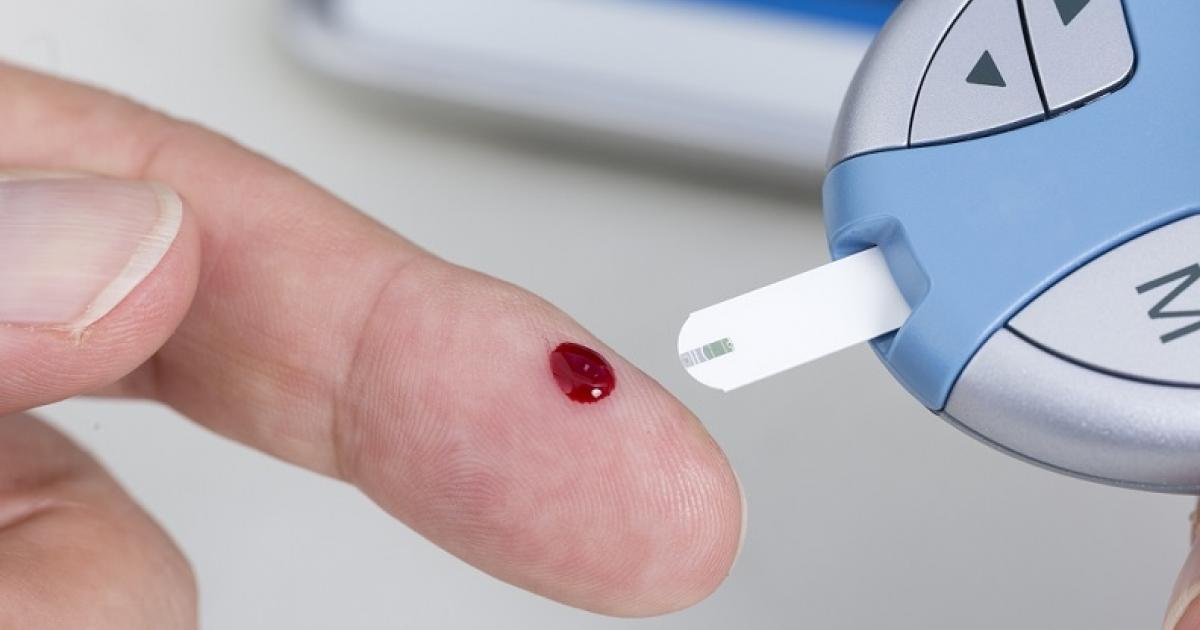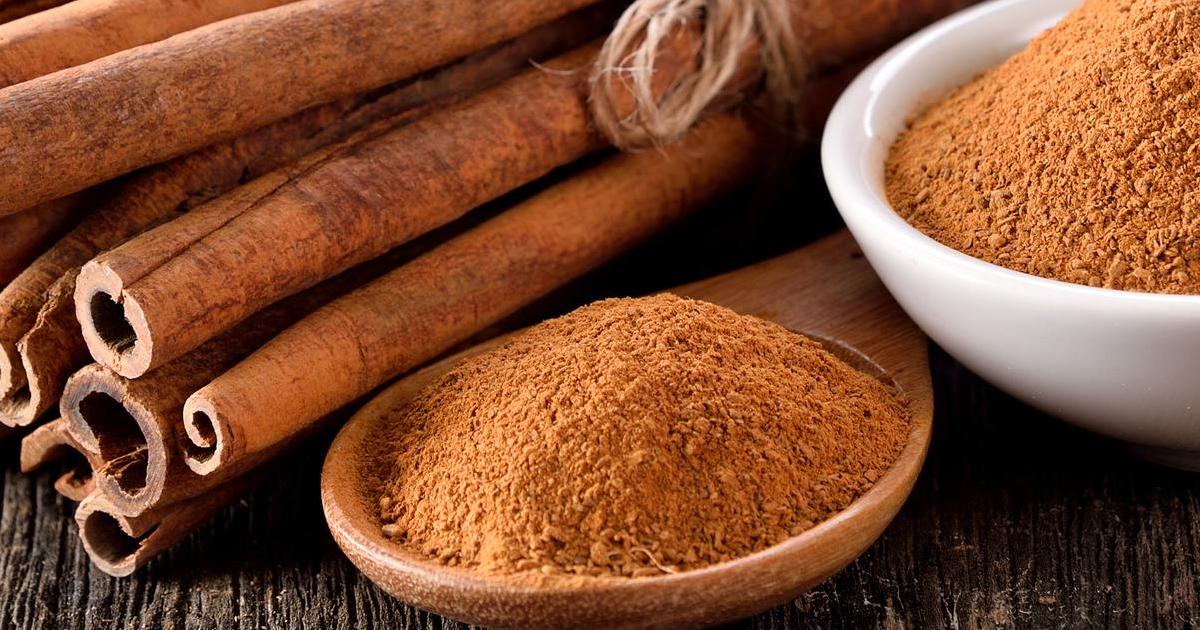Ways In Which Cinnamon Benefits Health
Cinnamon is a delicious spice individuals have also used as a medicine since the time of the ancient Egyptians. It is made from the bark of trees belonging to the genus Cinnamomum. Individuals make cinnamon by cutting off the tree’s stems and removing the woody parts. They extract the inner bark, which is the edible part of the tree and comes off in strips. As the strips dry, they curl up into rolls called cinnamon sticks. Individuals can use a cinnamon stick as is or grind it into a powder. Cinnamon contains a compound called cinnamaldehyde, which gives it its smell and flavor. Researchers believe it is the source of many of cinnamon’s health benefits. Get to know these health benefits now.
Cut Down Risk Of Heart Disease
In 2003, the journal Diabetes Care described a study in which researchers gave different amounts of cinnamon to diabetes patients, while a control group was given a placebo. After forty days, the researchers found the patients who had been consuming cinnamon had lower glucose, triglycerides, and low-density lipoprotein (bad) cholesterol. By contrast, the cinnamon had no to little effect on patients’ high-density lipoprotein (good) cholesterol. The researchers concluded adding cinnamon to the diets of patients with type 2 diabetes would reduce risk factors linked to cardiovascular disease and diabetes.
Ten years later, the Annals of Family Medicine described a study in which researchers reviewed several different medical trials. They found cinnamon actually increased participants’ high-density lipoprotein cholesterol while reducing their low-density lipoprotein cholesterol, glucose, and triglycerides. In 2014, Evidence-Based Complementary and Alternative Medicine described an analysis of various studies of cinnamon’s medical benefits. The scientists found cinnamon, in addition to reducing low-density lipoprotein cholesterol and glucose, could also lower blood pressure by reducing constriction of the blood vessels. All of these effects can cut down the risk of heart disease.
Learn more about another health benefit of cinnamon now.
Improve Insulin Sensitivity

Insulin regulates metabolism and helps transport blood sugar to the body’s cells. In individuals with conditions like diabetes, their body’s cells stop responding to insulin the way they are supposed to and become insulin-resistant. Conversely, if a patient’s cells respond to insulin normally, they are said to be inulin sensitive, and insulin sensitivity means the patient’s metabolism is working normally.
In 2008, The Proceedings of the Nutrition Society described an analysis of several different studies that demonstrated cinnamon’s effects on insulin resistance. Cinnamon is a good source of both chromium and antioxidants called polyphenols, and the researchers found both polyphenols and chromium improved insulin sensitivity. Two years later, the Journal of Diabetes Science and Technology described an analysis of several different clinical trials. They found cinnamon could benefit healthy individuals by reducing risk factors associated with diabetes and metabolic syndrome by improving their insulin sensitivity and lowering their blood sugar. Cinnamon also improved insulin sensitivity in patients with type 2 diabetes and polycystic ovarian syndrome.
Read more about how cinnamon benefits health now.
